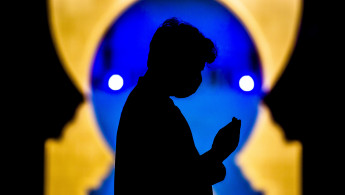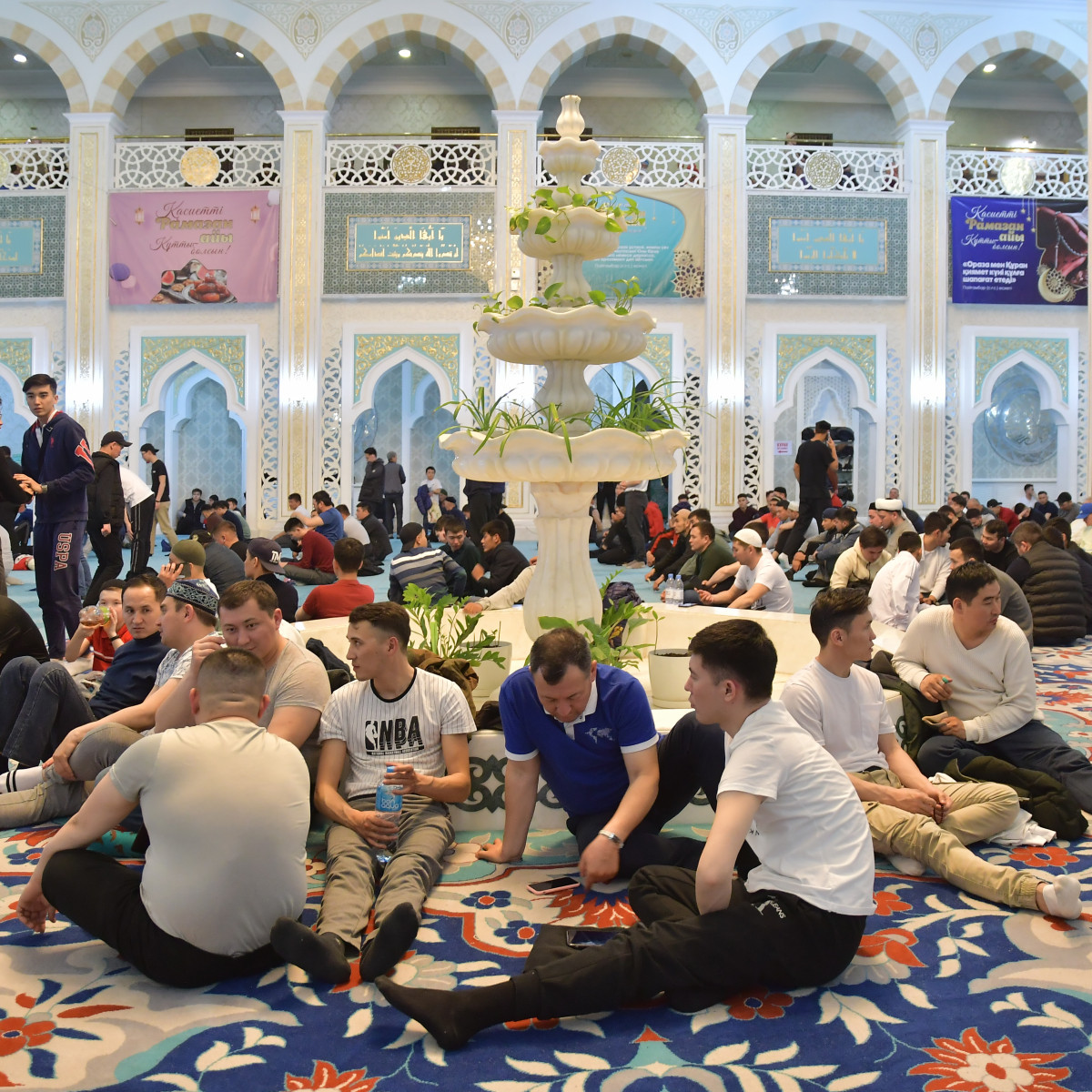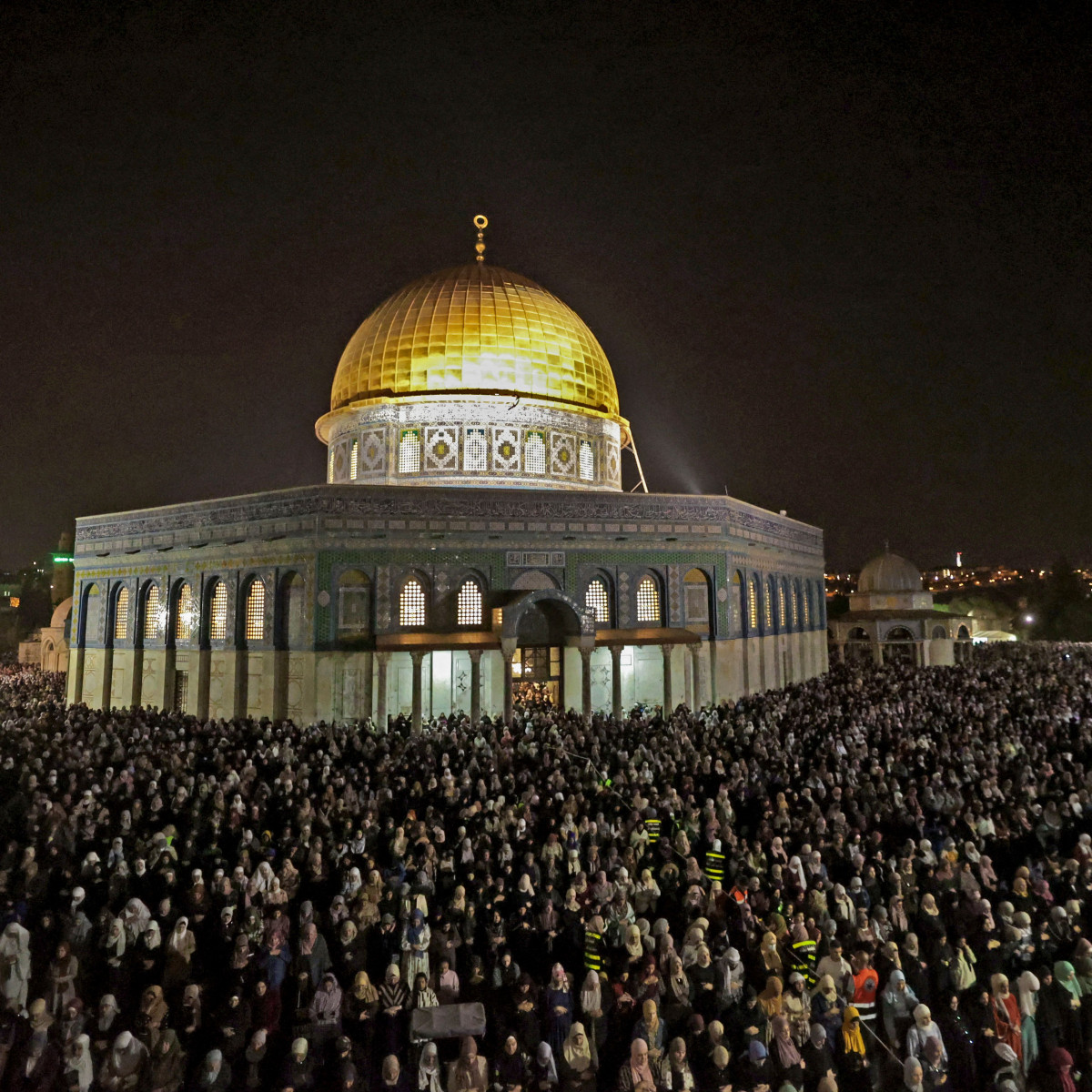Explainer: What is Laylat al-Qadr, the Muslim Night of Power?
As Muslims across the world fast for Ramadan, the last ten days of the month see one of the most important nights in the Islamic calendar - Laylat al-Qadr.
What is Laylat al-Qadr?
Laylat al-Qadr, sometimes called 'the Night of Power' or 'the Night of Decree', commemorates the night on which Allah first revealed verses of the Holy Quran, Islam’s holiest text, to the Prophet Muhammad (PBUH).
According to Muslims, the night is particularly holy and many believe that blessings received for acts of worship on Laylat al-Qadr far outweigh those done through a lifetime of worship.
Muslims believe that angels descend to earth at this time, making it a night of peace and blessings until dawn.
It is observed by devotees who spend the entire night in solemn prayer, often gathering in mosques, community centres, or their own homes after the daily evening prayer and staying there until dawn.
When is it?
Laylat al-Qadr is believed to fall on one of the odd nights during the last ten nights of the holy month of Ramadan, but its exact date is unclear.
Most adherents of Sunni Islam, the Muslim sect with the most followers, believe that the 27th night of Ramadan is likely Laylat al-Qadr.
However, many devotees spend two or three entire nights in prayer in anticipation of the actual Night of Power.
For the Sunnis who observed the first night of Ramadan on 1 April this year, the 27th night of Ramadan was on the evening of Wednesday 27th April. For those that started Ramadan on the night of 2 April, it will be on Thursday night.
Shia Muslims also believe that Laylat al-Qadr falls during the last few nights of Ramadan. They revere the 19th, 21st, and 23rd nights, of which the last is often believed to be the Night of Power and given the most importance.
The 19th of Ramadan coincides with the night that Iman Ali, whom Shias believe was the rightful successor of the Prophet and first Caliph of Islam, was attacked while praying at the Great Mosque in Kufa. He is believed to have died two days later on the 21st of the month.
Days, according to the Islamic calendar, begin and end at sunset instead of at midnight. The night comes before the day, which is why most Muslim festivals and events are perceived to be commemorated a night early by those only familiar with the Western calendar.








 Follow the Middle East's top stories in English at The New Arab on Google News
Follow the Middle East's top stories in English at The New Arab on Google News


